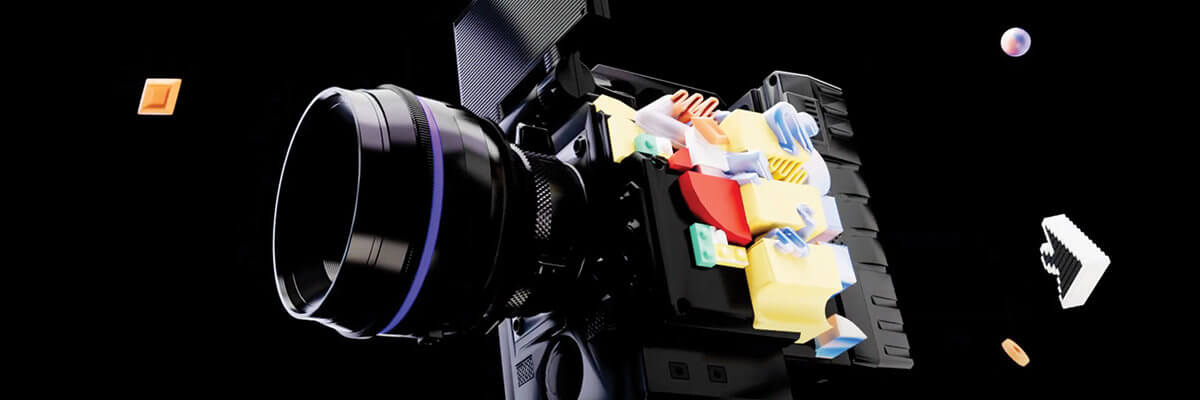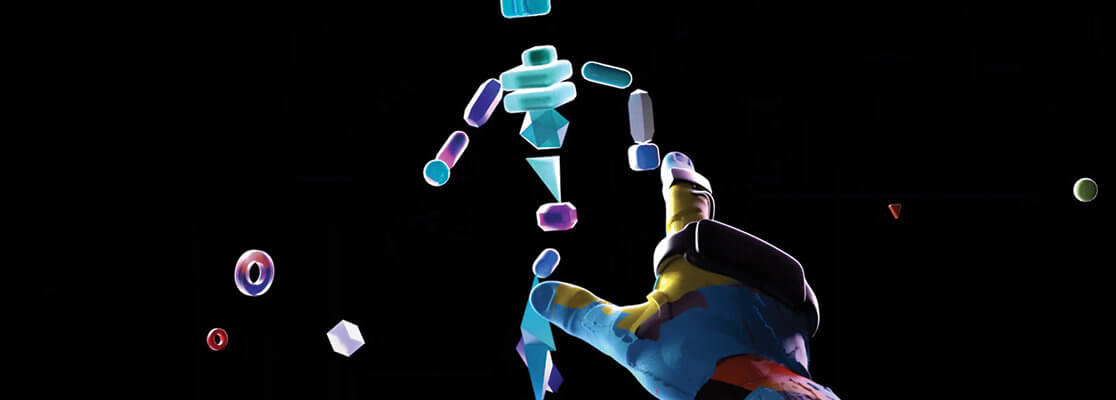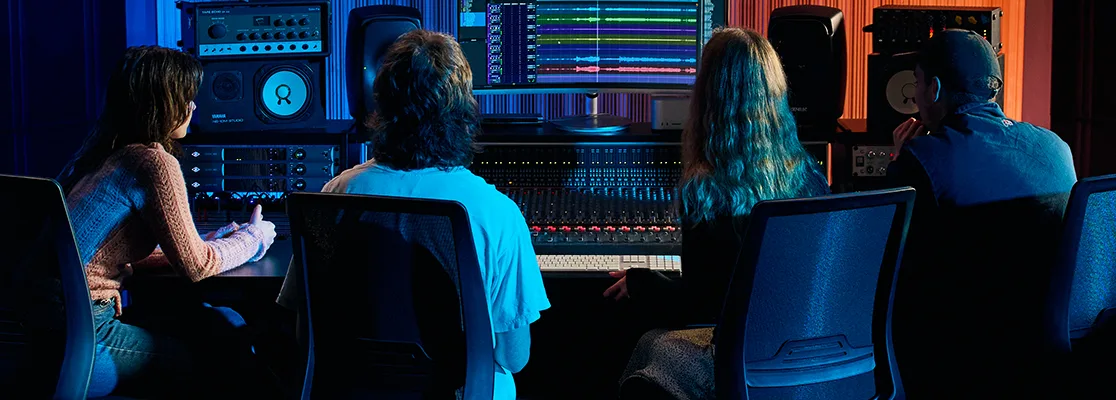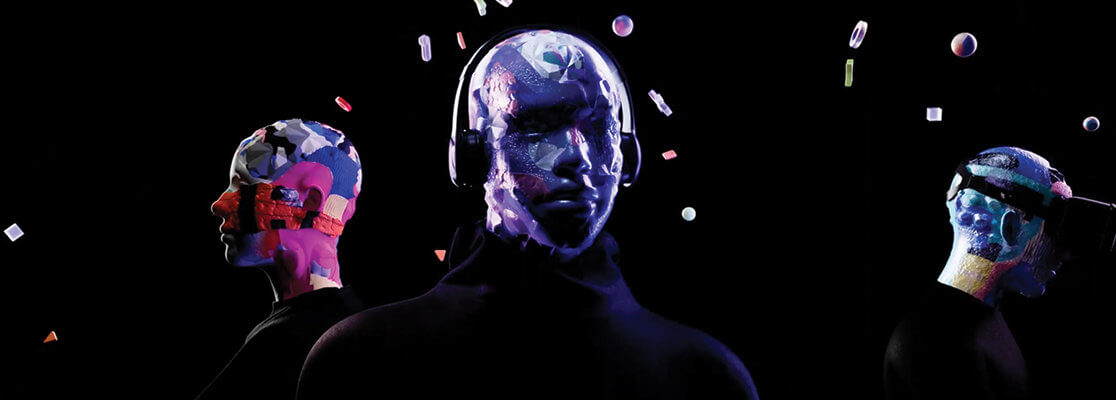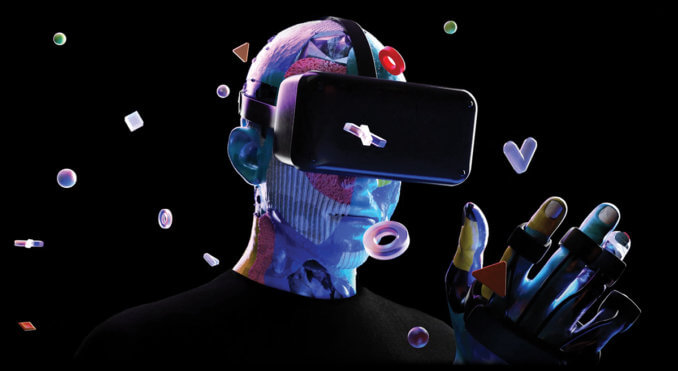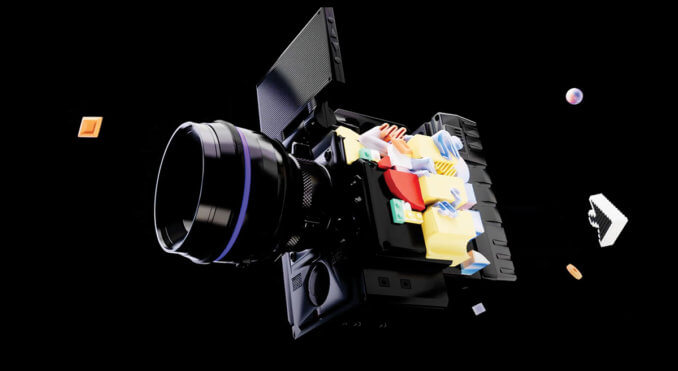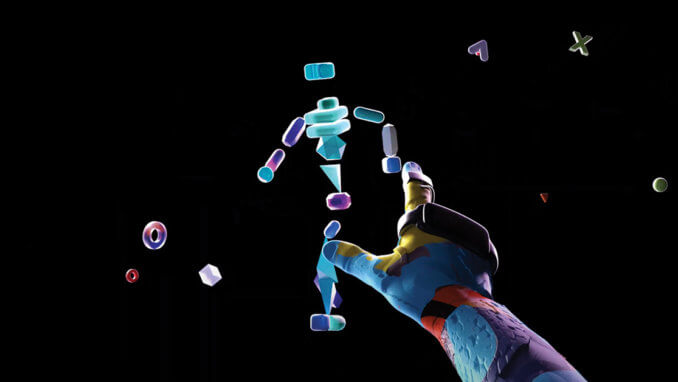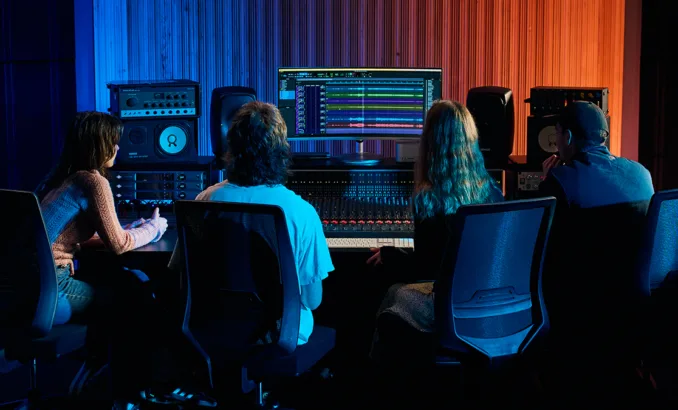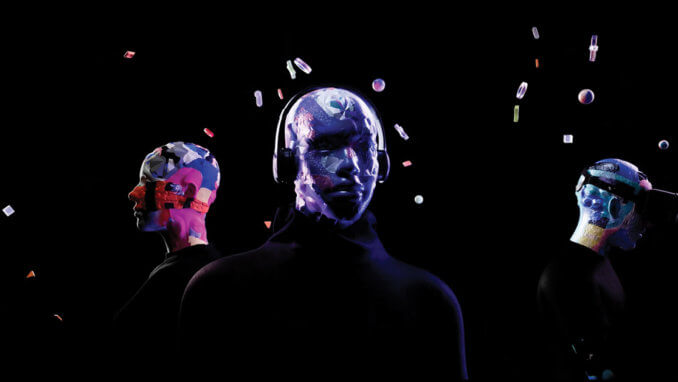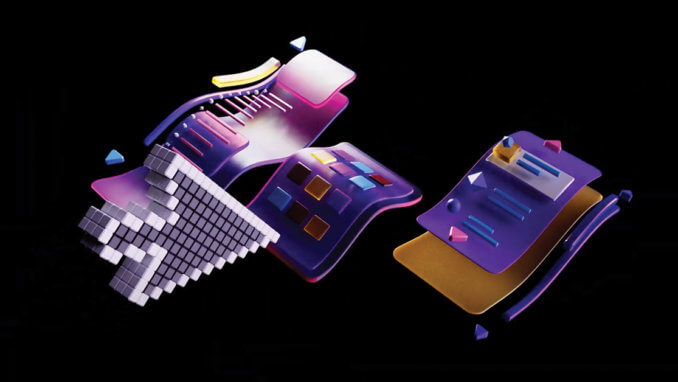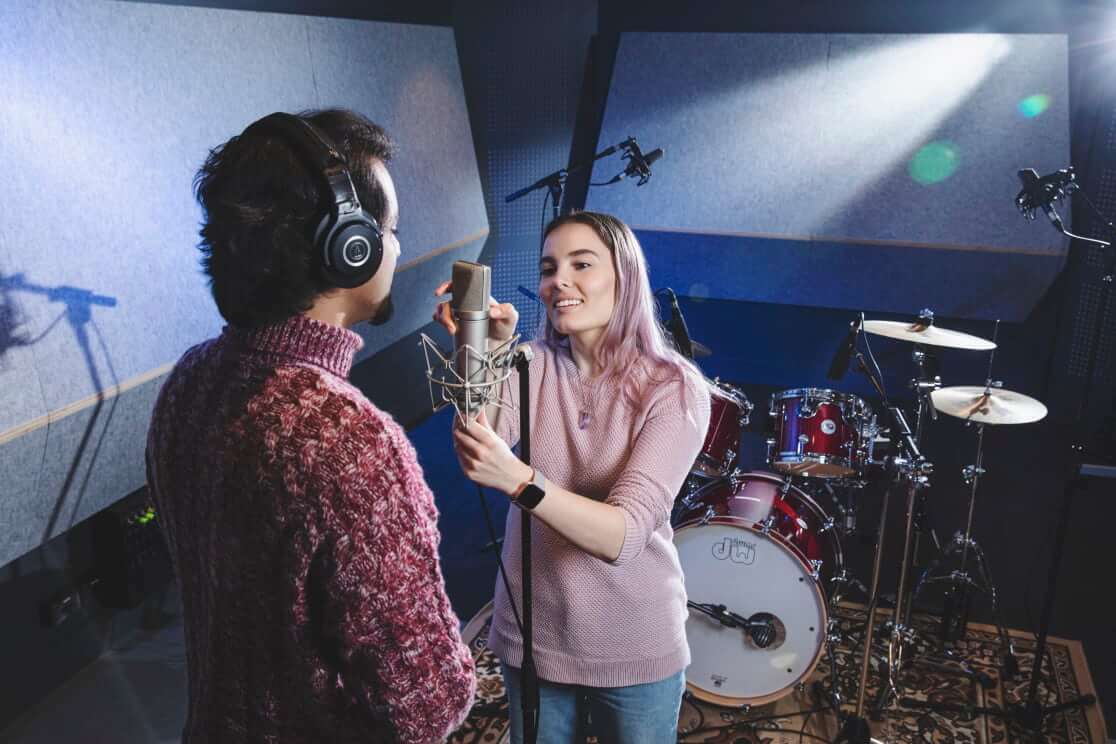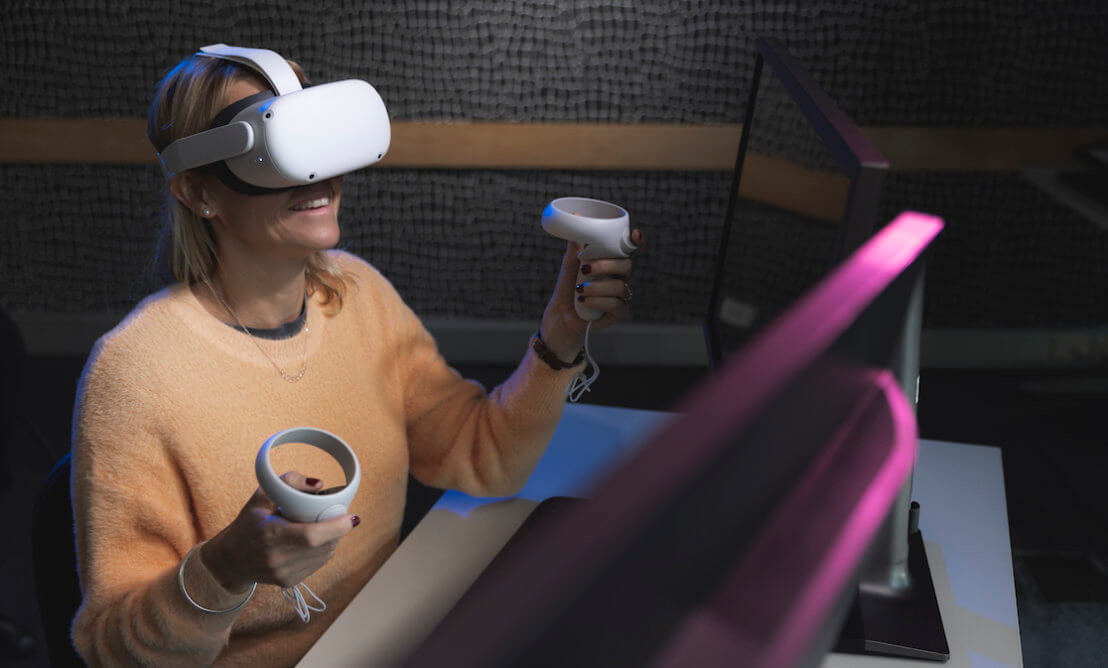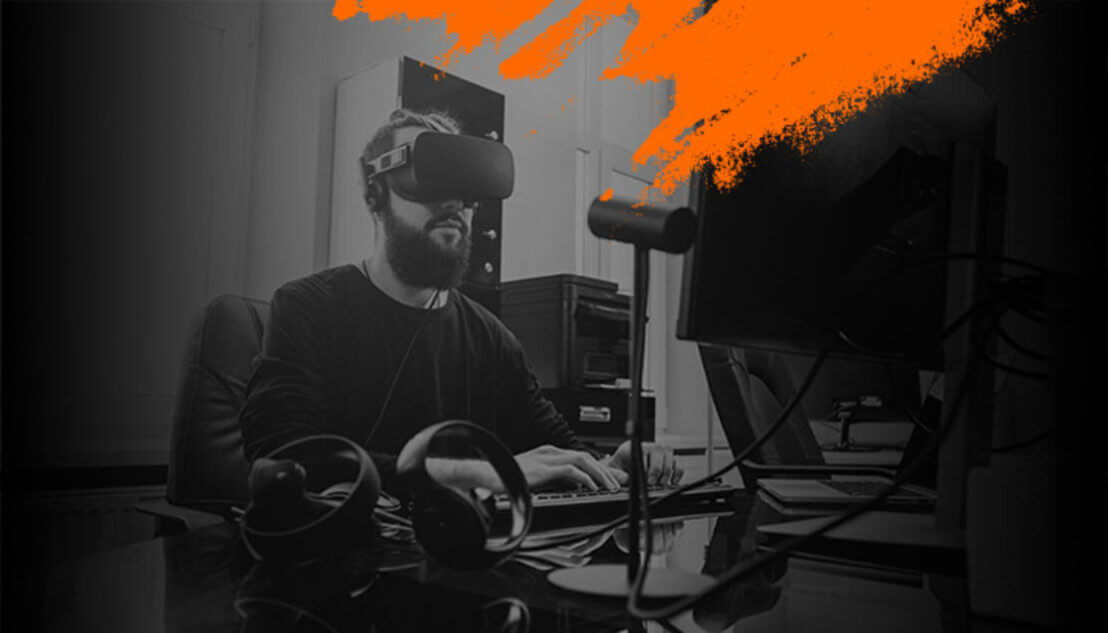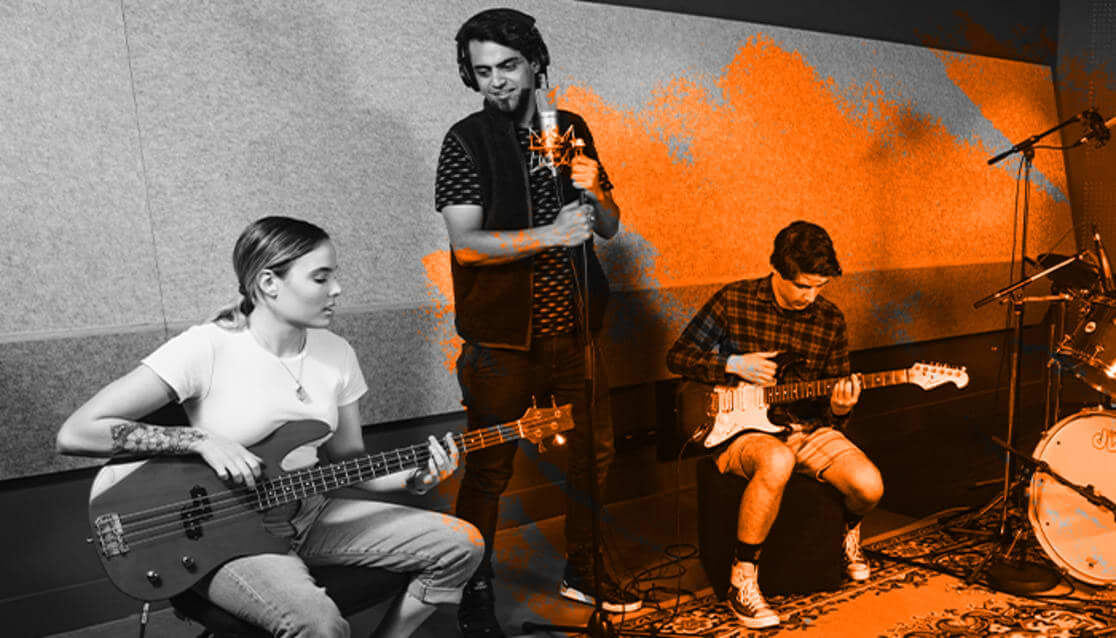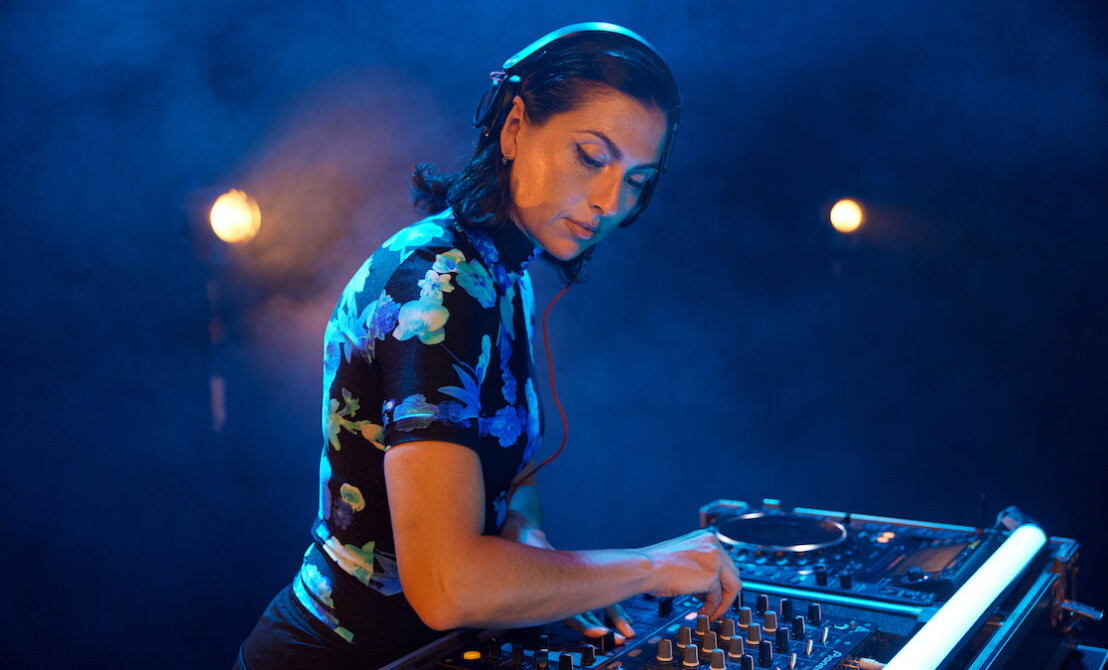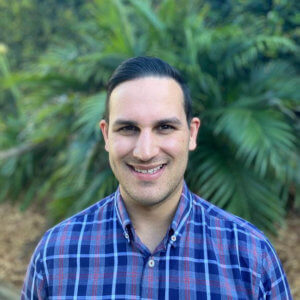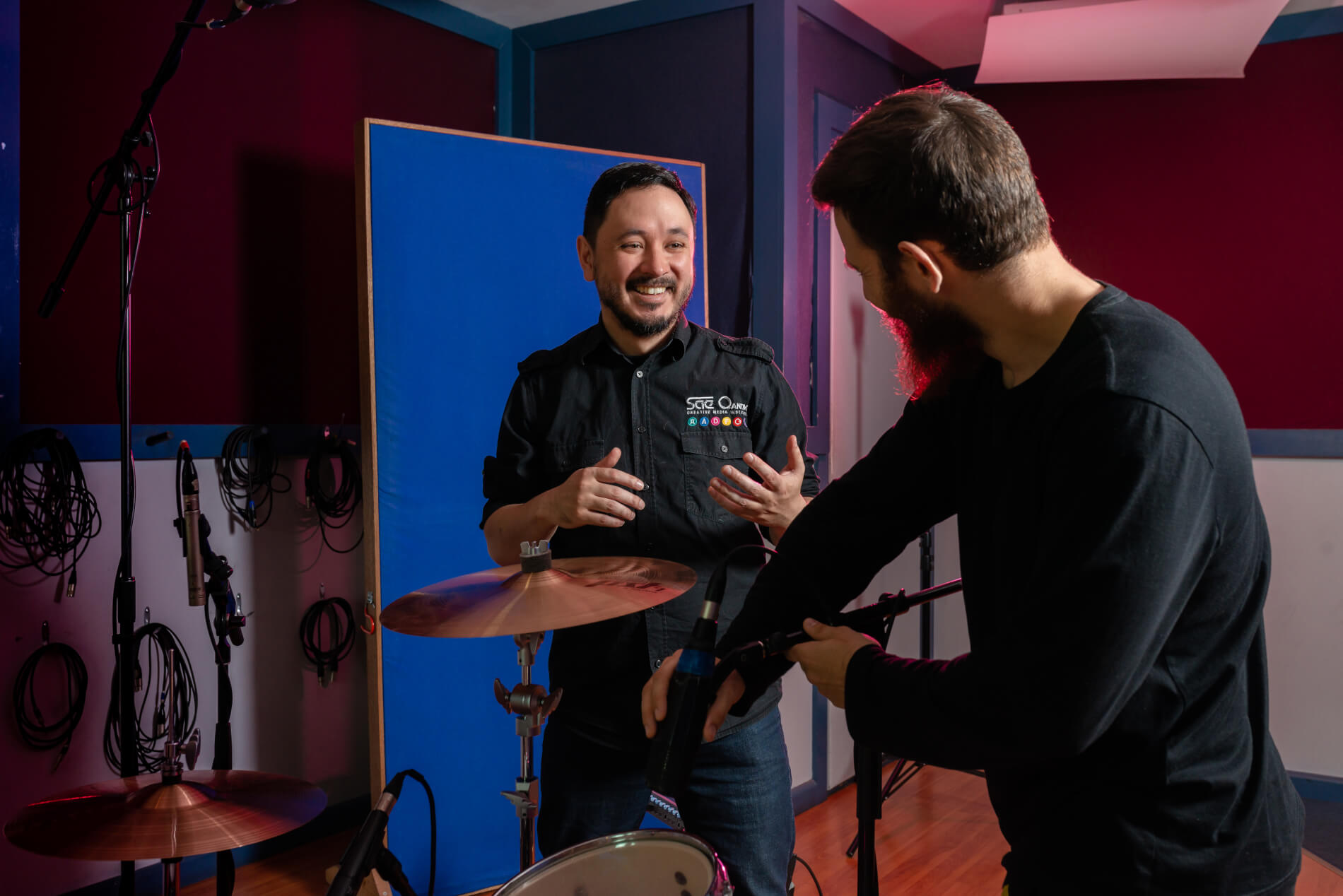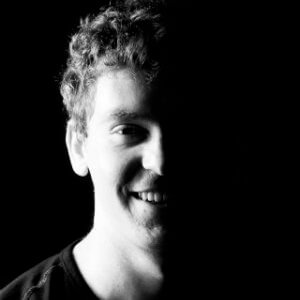
Technical audio skills vs musical skills
Within an audio degree, you’ll learn technical skills behind the sound that you hear in music, film, and games.
Technical skills you’ll learn include:
- Studio-based recording, mixing, and mastering;
- A/V, live sound, and broadcasting;
- Post-production sound.
With a music degree, your learning is geared towards musical skills, which focus on the composition and application of music within the creative industries.
Technical skills you’ll learn include:
- Applied music theory for composition and songwriting;
- DAW operation (programming, synthesis, sampling, recording);
- Artistic oversight.
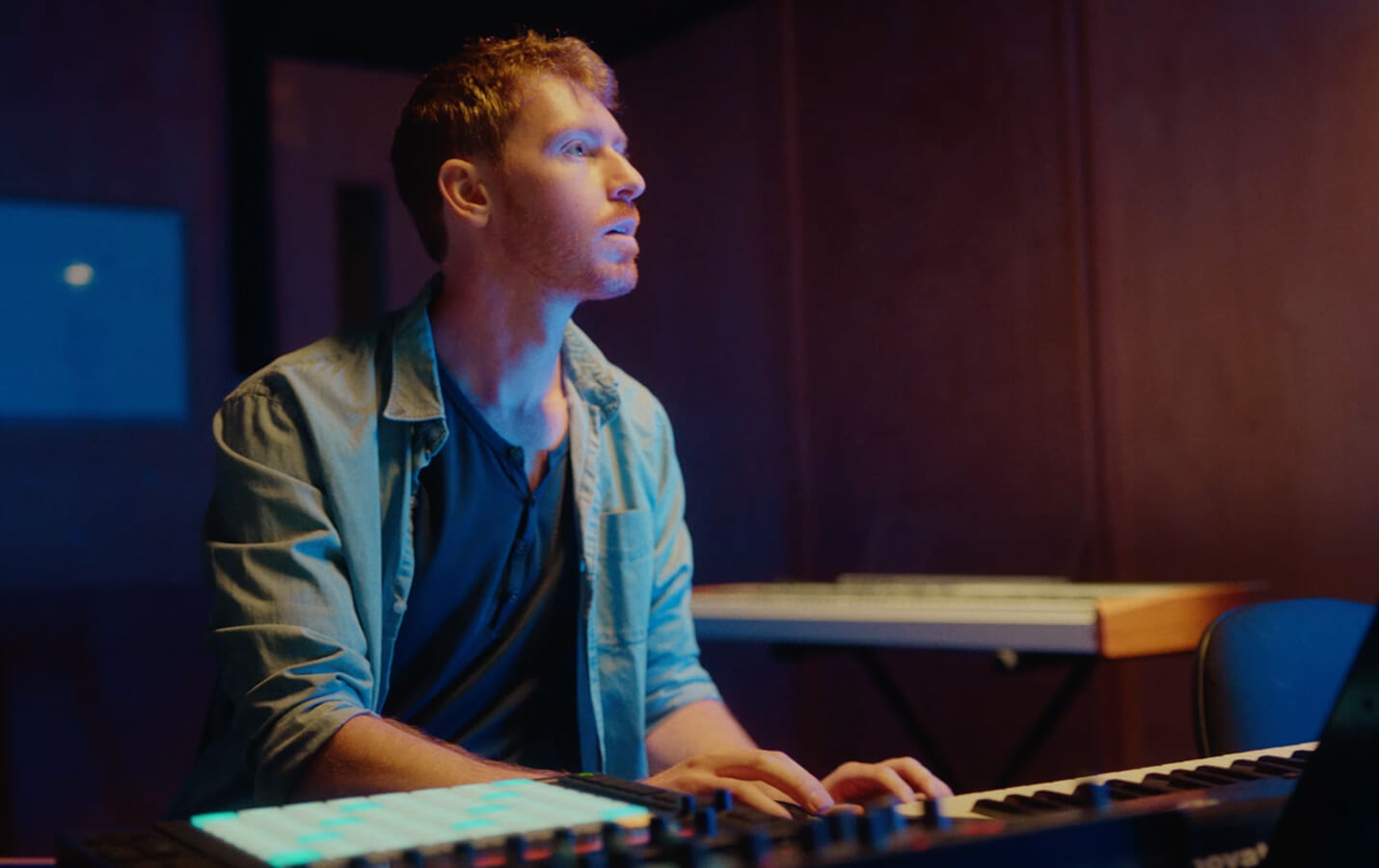
Career Paths
Upon graduation, the job opportunities for our audio and music degrees lead to very different outcomes depending on what your choose.
Audio career paths:
- Recording/mixing/mastering engineer;
- Live sound engineer;
- Foley artist, location recordist and sound editor.
Music career paths:
- Games/advertising/film music composer;
- Music producer and recording artist;
- Music director, music curator and songwriter.
Composition vs post-production audio
Music and audio is essential for any creative project to add impact to the images that the audience is viewing. Creators in film and games rely on music and audio professionals for two different aspects of their projects, these are music composition and post-production sound.
Music composition is the soft strings section that you might hear during a love scene or the thunderous percussion during an action scene in films and games. It is the music composer’s job to ensure it suits the scene and adds to the story.
Post-production is the sound effects you hear in movies and games. This includes all ‘non-musical’ audio such as footsteps, atmospheric sound and even dialogue between characters. It is the audio engineer’s job to create, record and mix these elements of the project.
So which degree is best for you?
If you’re an artist and enjoy writing, producing and creating music; SAE’s music courses are best suited to build your musical skill-set. However, if you enjoy the technical elements of recording and sound creation, you’ll want to check out our audio courses.


